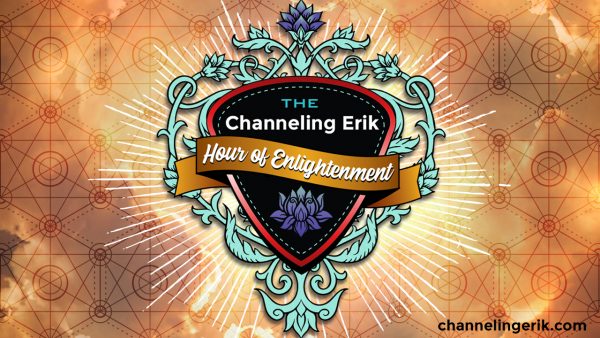At long last, I’ve been urged (strongly) to seek treatment for my PTSD. Okay, we’re talking major arm twisting here, because I’m a typical mom who feels that everyone else’s needs must be addressed and nurtured before I tend to my own wounds. So, with five kids, a husband and friends (including cyber friends), I kept myself in the back of the line, bleeding inside.
Looking back, I realize that I’ve had PTSD nearly all of my life. In the simplest of terms, there are apparently two types of PTSD: The first is caused by various chronic, ongoing traumas, usually in the form of childhood abuse and neglect. The second is more acute or abrupt trauma such as combat related events, rape, or, in my case, seeing your son after he’s lost a war with a 45 caliber hollow point to the head. Some of the traumas I’ve experienced I can’t reveal here; others I’ve already shared. Suffice it to say, my life has pretty much been a string of tragedies.
I don’t share this to invite sympathy. In fact, I don’t do well with pity. No, I share this to reveal what I know in hopes that those of you who have suffered traumas or have overt PTSD with feel connected, validated and understood. The central elements in PTSD are a sense of helplessness and hopelessness. It’s more common when the traumatic event is caused by a human (rape, war, terrorism, assault, etc.) instead of by an Act of God like a flood or tornado. It’s not just some “emotional” disorder, either. It actually causes structural changes in the brain itself.
Symptoms
Symptoms of PTSD fall into three main categories:
1. “Reliving” the event, which disturbs day-to-day activity
- Flashback episodes, where the event seems to be happening again and again
- Repeated upsetting memories of the event
- Repeated nightmares of the event
- Strong, uncomfortable reactions to situations that remind you of the event
2. Avoidance
- Emotional “numbing,” or feeling as though you don’t care about anything
- Feeling detached
- Being unable to remember important aspects of the trauma
- Having a lack of interest in normal activities
- Showing less of your moods
- Avoiding places, people, or thoughts that remind you of the event
- Feeling like you have no future
3. Arousal
- Difficulty concentrating
- Startling easily
- Having an exaggerated response to things that startle you
- Feeling more aware (hypervigilance)
- Feeling irritable or having outbursts of anger
- Having trouble falling or staying asleep
You might feel guilt about the event (including “survivor guilt”). You might also have some of the following symptoms, which are typical of anxiety, stress and tension:
- Agitation or excitability
- Dizziness
- Fainting
- Feeling your heart beat in your chest
- Headache
- Being female
- Experiencing intense or long-lasting trauma
- Having experienced other trauma earlier in life
- Having other mental health problems, such as anxiety or depression
- Lacking a good support system of family and friends
- Having first-degree relatives with mental health problems, including PTSD
- Having first-degree relatives with depression
- Having been abused or neglected as a child
Women may be at increased risk of PTSD because they are more likely to experience the kinds of trauma that can trigger the condition.
There are many forms of therapy, but I’m going to give EMDR (Eye Movement Desensitization and Reprocessing) a try, because apparently this has been very effective with veterans who suffer from PTSD. Check it out on this link:
http://www.helpguide.org/mental/pdf/emdr.pdf
On another but related note, some of my children would like to help with the campaign to make bullying illegal: a formal offense with standards for prosecution and sentencing. Why? Because bullying is so pervasive and can have monumental effects both short and long term. PTSD can result from chronic bullying or even one instance. Michelle suffers from PTSD from the bullying she had endured during middle school. It has affected every aspect of her life. Fortunately, she plans on joining me in EMDR therapy. Erik was the target of endless bullying as well, and we all now the end result of his suffering. Sigh.
So, in Erik’s memory, my kids hope to start a petition, organize various silent demonstrations in front of courthouses, create a website and Facebook page full of resources including an anonymous tip line, and more. In addition to making bullying a punishable offense, I think those who witness such events without reporting them should be considered accessories to the crime, and that includes school officials.
Anyway, I bring this up in case any of you have suggestions for them.


